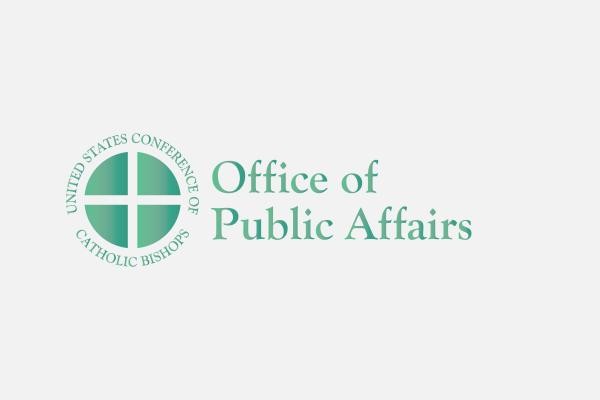Catholic, Episcopalian Leaders Hear Anglican Views on Blessing Same-Sex Unions, Catholic Principles on Health Care Decisions
WASHINGTON—The Anglican-Roman Catholic Theological Consultation in the USA (ARC-USA) examined Episcopalian views on blessings for same-sex unions and Catholic principles on the sanctity of human life and health care decisions during their 67th meeting March 15-16, in Delray Beach, Florida.
WASHINGTON—The Anglican-Roman Catholic Theological Consultation in the USA (ARC-USA) examined Episcopalian views on blessings for same-sex unions and Catholic principles on the sanctity of human life and health care decisions during their 67th meeting March 15-16, in Delray Beach, Florida. Catholic Bishop Ronald Herzog of Alexandria, Louisiana, and Episcopal Bishop Thomas Breidenthal of the Diocese of Southern Ohio, co-chaired the meeting.
At this meeting the members continued their study of the theme of the current round, “Ecclesiology and Moral Discernment: Common Ground and Divergences." Bishop Breidenthal presented a report regarding the way in which he handled the controversial question of same sex unions in his diocese, and Professor Therese Lysaught of the Department of Theology at Marquette University offered a summary of Catholic moral principles regarding health care decisions. Anglican views on health care decisions and the Catholic teaching on homosexuality and same sex unions will be examined in detail at a future meeting of the dialogue. The members also discussed a paper by Professor Timothy Sedgwick of Virginia Theological Seminary entitled, “Moral Teaching and the Structure of Authority: (Anglican and Roman Catholic) Convergences and Divergence,” and a paper by Father Charles Caccavale, Professor of Moral Theology at the Seminary of the Immaculate Conception, “Ethics and Ecclesiology: A Conceptual Essay for ARC-USA.”
The group also considered current developments in Anglican-Catholic relations, including last November’s Apostolic Constitution Anglicanorum coetibus. The document raised questions among members as to the ecumenical relationship between the churches and its implications for the internal life of the Catholic Church. On the Anglican side, there was a general consensus that in the United States groups apt to pursue this option would be those who have previously broken away from the Episcopal Church over women's ordination. Some individuals and congregations already have made use of the Pastoral Provision which, in the United States since 1980, has allowed former Episcopalians to be received into the Catholic Church and continue to observe elements of the Anglican liturgical tradition.
Bishop Breidenthal announced that, due to his responsibilities as Bishop, he would resign as Co-Chairman of the dialogue. The next meeting of the dialogue is slated for September 9 and 10.
In addition to the co-chair, Catholic members of the dialogue are Msgr. David A. Bohr, Rector of St. Peter's Cathedral in Scranton, Pennsylvania; Father Caccavale; Dr. Lysaught; Theresa Notare, Ph.D., of the United States Conference of Catholic Bishops (USCCB) Secretariat for Laity, Marriage, Family Life and Youth; Jesuit Father Thomas P. Rausch, Ph.D., Department of Theological Studies of Loyola Marymount University, Los Angeles; and Paulist Father Ronald G. Roberson, Ph.D., Associate Director of the USCCB Secretariat for Ecumenical and Interreligious Affairs and staff to the dialogue.
Representatives of the Episcopal Church, in addition to Bishop Breidenthal, include the Rev. Dr. Ellen Wondra, Professor of Theology and Ethics at Seabury-Western Theological Seminary; the Rev. Matthew S. C. Olver, Church of the Incarnation in Dallas, Texas; Mary Reath, governor of the Anglican Center in Rome and author of "Rome and Canterbury: The Elusive Search for Unity" (2007); Dr. Sedgwick; the Rev. Canon. J. Robert Wright, Ph.D, Professor of Church History at the General Theological Seminary in New York, New York; and the Rev. Thomas Ferguson, Ph.D., ecumenical officer ad interim of the Episcopal Church and staff to the dialogue.

